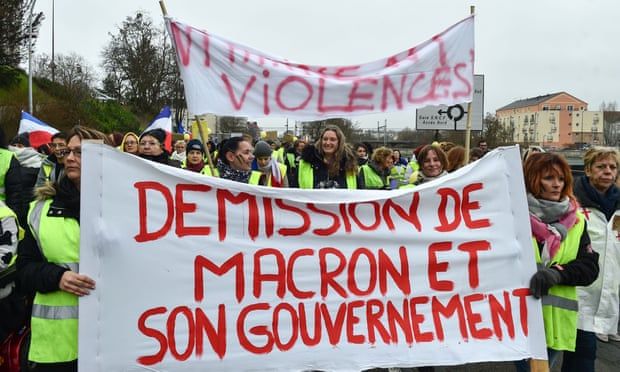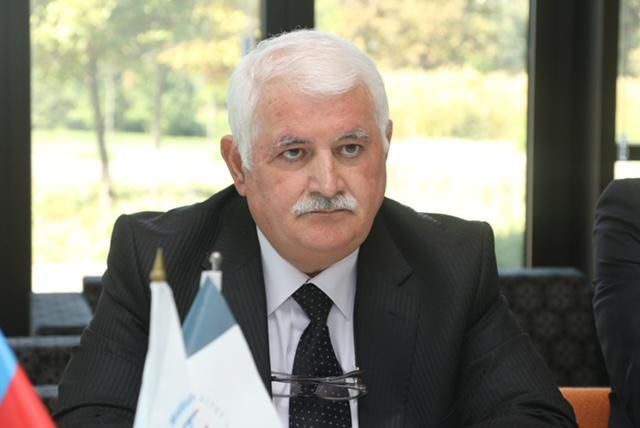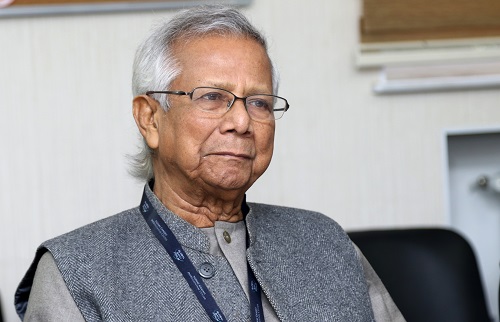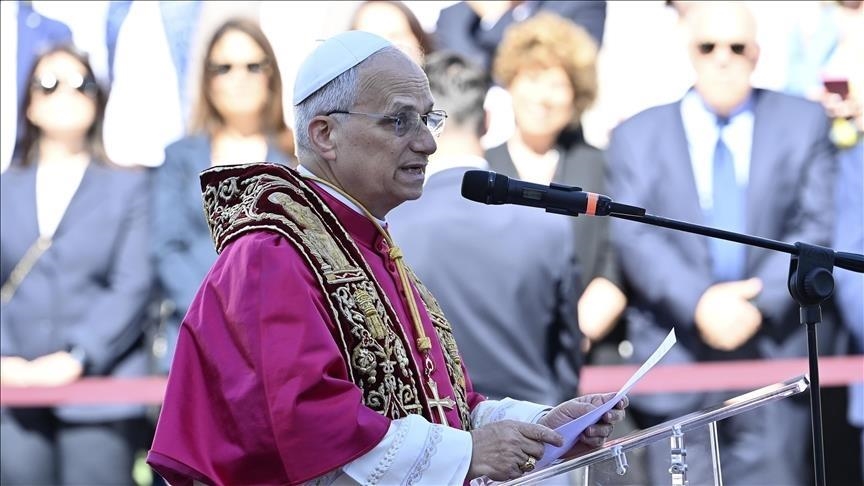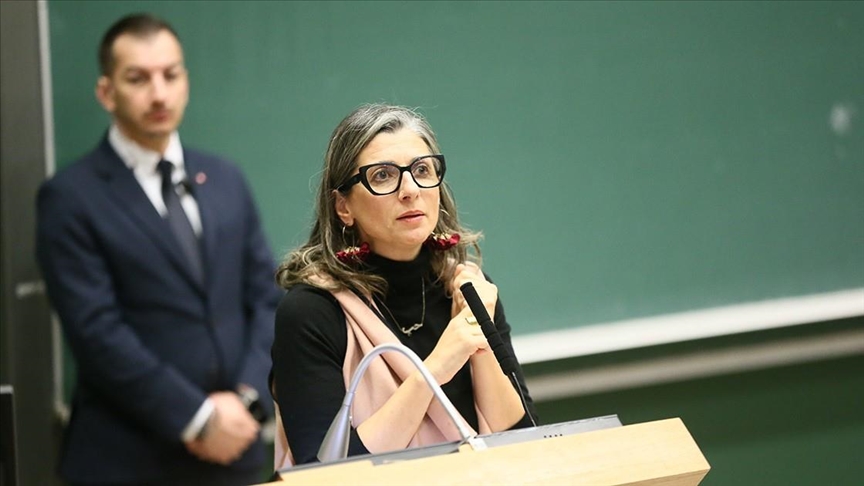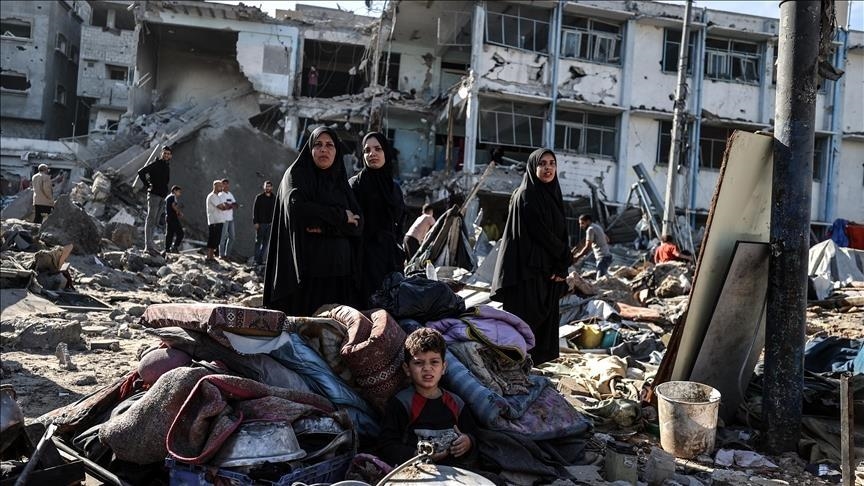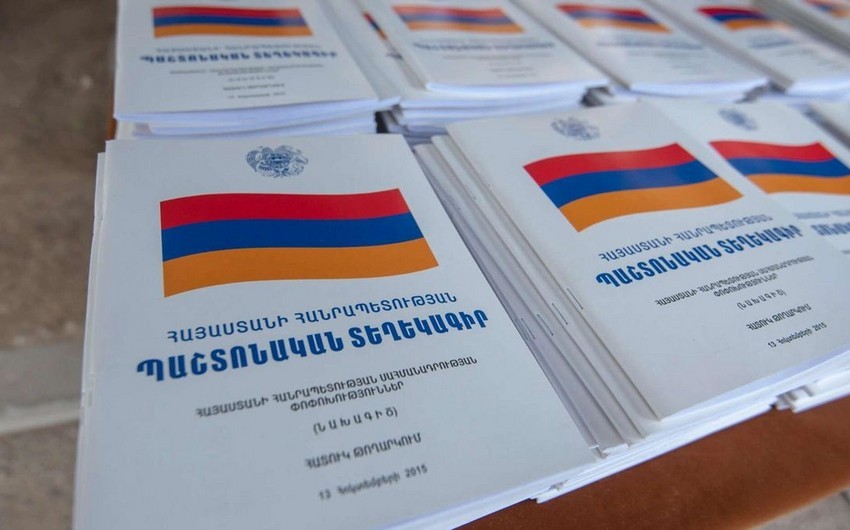Earlier this month, in an open letter to French citizens, President Emmanuel Macron suggested that introducing immigration quotas might help address the gilets jaunes crisis. This predictably made many on the left cringe.
It also brought to mind a Hillary Clinton interview in the Guardian last year, in which she gave her views on the root cause of rightwing populism. “I think Europe needs to get a handle on migration because that is what lit the flame,” she said. Clinton argued that populists should be fought on their own ground and that liberal parties should develop a tougher line on immigration.
With Europe just months away from an EU parliamentary election, the urgent task is to burst the bubbles we live in
As someone who took part in Macron’s presidential campaign, I beg to differ. With Europe just a few months away from a crucial EU parliamentary election in which both left and rightwing populists will seek to make gains, the urgent task that democrats and liberals must embrace is this: bursting the bubbles we live in. Understanding public opinion is incredibly difficult. In 2016 my data analysis firm helped set up Macron’s grassroots En Marche! movement, which started with the “Grande Marche”: a huge door-to-door operation, collecting the views of thousands of citizens across France.
Public opinion is like an iceberg: it is easy to know what people at the tip think, mostly because they tweet, post on social media, speak on TV or write in newspapers; but it’s far more complicated to penetrate what lies below the surface, to know what the silent majority thinks.
Suggesting that a tougher line on immigration could curb the rise of populism would be convincing only if immigration really was a priority for citizens who have voted for populists, or are about to do so. Yet that’s not at all what the data bears out.
‘In a Guardian interview, Hillary Clinton said, ‘I think Europe needs to get a handle on migration because that is what lit the flame.’ I beg to differ. Photograph: Mark Sagliocco/Getty
To get a full picture, you need to burst the separate thought bubbles we all live in, and new technologies and large-scale data collection make that possible. It’s a cliche to say that the amount of data generated online has exploded. Offline data is just as important. Conversations with people living in neighbourhoods where the share of the populist vote has dramatically risen in recent elections can deliver surprising results.
A study my company helped conduct in France and Germany relied on the following principle: the best way to get people to share what’s on their mind is to ask face-to-face, open-ended and non-expert questions which anyone can answer, such as: “What works/does not work in your city/country?”, “What would you change in politics?”, “What worries you about the future?”. This is the kind of doorstepping, listening-mode fieldwork the Grande Marche initiative was based on, and which helped Macron identify the issues that mattered most to French people ahead of the 2017 presidential campaign. The key to success would be a political message that focused on convincing citizens they’d be fully taken into account, not left by the wayside.
Data collected in France and Germany reveals that the reason why citizens who are drawn to populist parties hold grudges against the “media and politics”, is because they adopt an “agenda” that doesn’t at all fit their concerns. Those main concerns are “precarious working conditions, worries about money and declining social infrastructure”. Data drawn from door-to-door conversations shows that rightwing populist parties’ central anti-immigration narrative is far less prevalent among their voter base than is generally assumed.
Migrants aren’t what people spontaneously mention if they’re truly asked about their lives. Rather, they complain about a lack of attention from politicians and public institutions. Voters who lean towards populist parties, whether left or right, often say they feel “abandoned”.
It is true that the 2015-16 refugee crisis in Europe exacerbated a widespread sense of abandonment. But the lessons drawn from the study are clear: a growing number of citizens feel trapped, and have lost all hope that their life, and their children’s lives, will ever improve. They want politicians to listen more to them, to better understand the challenges people are confronted with, and to offer practical solutions – not scapegoats.
That’s why talk of tougher immigration policies can only be shortsighted. We all form our political views within different bubbles, and in ways that can often fuel misunderstandings and polarisation. These bubbles make it impossible to build a common vision for the future. My work analysing voters’ perceptions in different European countries has convinced me that social and political bubbles are one of the largest problems we face today.
This also applies to Macron’s current difficulties. He is trying to implement emergency policy measures to end the gilets jaunes crisis that has shaken his presidency – hence his two-month national grassroots consultation, launched by his open letter. Here again, it’s easy to see only the tip of the iceberg: the popular complaint against taxes and low purchasing power that lit the initial flame.
Responding with tax cuts and talk of limiting immigration may only go so far. In fact it might well be the equivalent of Clinton’s ill-conceived recipe against populism. Showing a capacity to truly listen to people is more important. Macron’s challenge now is to convince citizens his “great national debate” can deliver just that.
Short-term fixes won’t solve the problem of people feeling cut off from decision-makers. Sounding out the deeper layers of society, collecting data offline by taking the time to hear out citizens in a more profound way – not just through instant polling – is a better place to start. It would also help form policies that can change people’s lives for the better in the long term. If the populist danger can be averted in Europe, a key part of the solution lies not in pandering to anti-migrant slogans, but in working to burst the bubbles people are all too often locked into.
Guillaume Liegey is CEO of LMP, a Paris-based start-up that analyses public opinion

